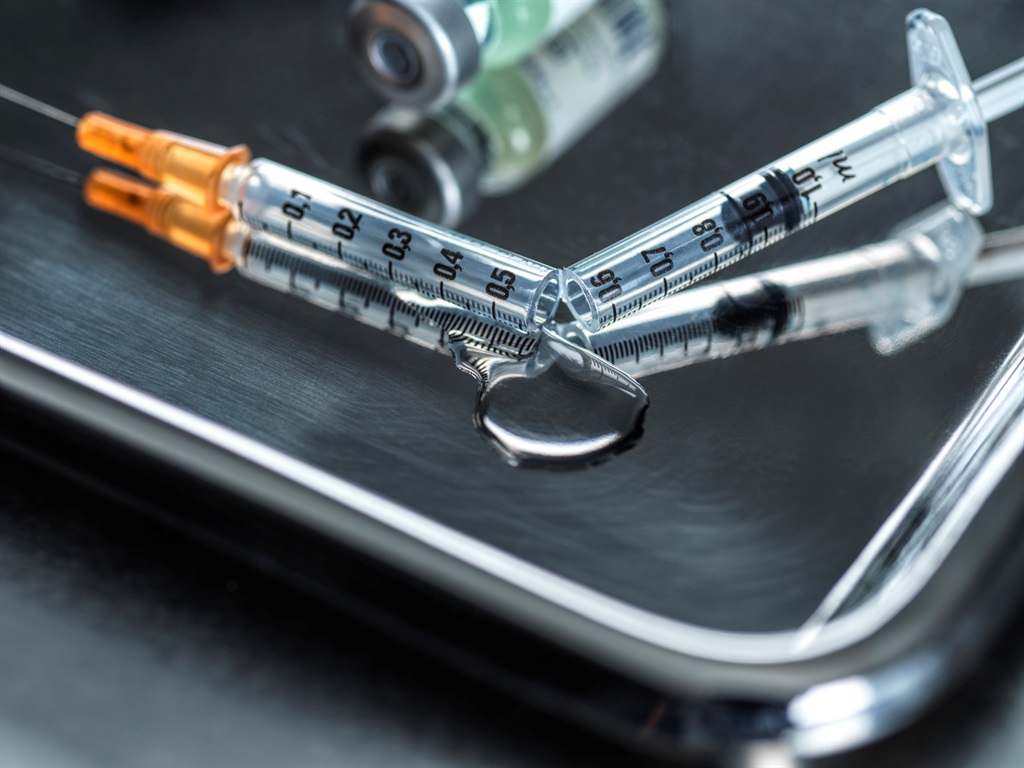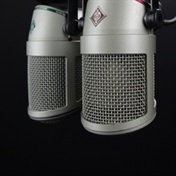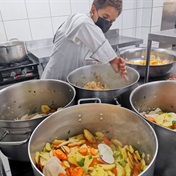
The World Health Organisation on Wednesday endorsed the RTS,S/AS01 malaria vaccine for children, the first against the mosquito-borne disease that kills more than 400 000 a year.
Since 2019, 2.3 million doses of Mosquirix have been administered to infants in Ghana, Kenya and Malawi in a large-scale pilot programme coordinated by the WHO. The majority of those whom the disease kills are aged under five.
That programme followed a decade of clinical trials in seven African countries.
"This is a vaccine developed in Africa by African scientists and we're very proud," said WHO director-general Tedros Adhanom Ghebreyesus. "This vaccine is a gift to the world but its value will be felt most in Africa."
Malaria is far more deadly than Covid-19 in Africa. It killed 386 000 Africans in 2019, according to a WHO estimate, compared with 212 000 confirmed deaths from Covid-19 in the past 18 months.
The WHO says 94% of malaria cases and deaths occur in Africa, a continent of 1.3 billion people. The preventable disease is caused by parasites transmitted to people by the bites of infected mosquitoes; symptoms include fever, vomiting and fatigue.
The Mosquirix recommendation was jointly announced in Geneva by the WHO's top advisory bodies for malaria and immunization, the Malaria Policy Advisory Group and the Strategic Advisory Group of Experts on Immunisation.
The vaccine's effectiveness at preventing severe cases of malaria in children is only around 30%, but it is the only approved vaccine. The European Union's drugs regulator approved it in 2015, saying its benefits outweighed the risks.
- Additional reporting by Reuters




















